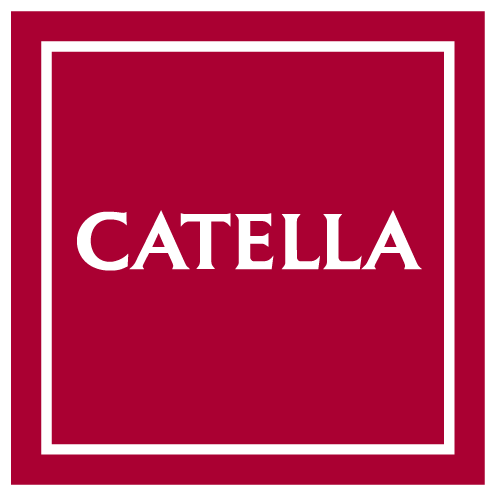Mattias Nilsson is a new portfolio manager at Catella. But he is not new to the industry and, with his solid experience, is a very good addition to Catella Fonder’s fund management team. We took the opportunity to interview him about his background, his views on hedge fund management and the upcoming reporting period.
Mattias, why did you choose to join Catella?
After working in the financial industry for over 20 years, and with almost 15 years in hedge fund management. Through the Futuris fund, I was involved in delivering an average annual return of 12.6% over 14 years and 11 months, plus that during the first ten years we did not have a single year of negative returns – despite the IT crash and financial crisis. I know what challenges this type of work entails, with a focus on absolute returns.
In order to have even a chance of delivering a good result over a long period of time, it is essential that you get to work with colleagues who are competent and that you respect, that there is a solid infrastructure in place, and not least a decent amount of the very raw material in our industry – capital to manage! In my opinion, Catella is one of the very few players in the Nordic countries to tick all the items on this list, and I therefore feel very pleased to now be one of the team at Catella.
What is it that's particularly attractive about hedge fund management?
Well, through conscious and limited risk-taking, a hedge fund should do better than the market when the stock market is weak, but at the same time often does a little worse than the market when the risk appetite is at its peak and the stock market is really strong.
Since the stock market tends to go up for more years than it goes down, a natural consequence is that investors tend to underestimate or ignore the risk of large value drops ("no one knows when the stock market will fall so why should we position ourselves for it?"), and so the movements are often large when they eventually come. A 10 percent annual return for seven years followed by a year of -50 percent means that you're back to square one.
Eight years with a 4 percent annual return instead leads to a total increase of almost 40 percent! In the case of Futuris, the development was even more extreme as, ten years after the launch of the fund, the stock market stood at exactly the same place as at the start, while the fund increased in value five times. For at least seven of those ten years, we were constantly told how worthless hedge fund management was ("you still don't know when the meltdown will come").
How do you feel about the various investment trends that come and go?
So far during my career I have witnessed how different investment strategies have come and gone like fashion trends, and I have drawn a couple of conclusions.
Firstly, opportunities always arise in a changing environment.
Secondly, I believe that the big shift towards passive strategies will in the long run offer even greater opportunities for good returns for us active investors – after all, it's a company's long-term profit development that determines its value. It is here that I claim that, unlike computer-controlled decision-making models, we are often better suited to this assessment.
However, you need constant adaptation to new conditions in order to capitalise on these pricing errors. Irrespective of whether the impact on the development of the financial markets is from computers or central banks.
What do you think is the basic recipe for successful portfolio management?
I live by the following simple motto: By investing in reasonably valued companies with good, long-term growth prospects that also have a high return on equity, you can achieve a fantastic compounding effect over time.
If you combine this with selling shares that are overvalued, and when companies either operate in an industry with unfavourable prospects or perhaps even to some extent mislead the stock market about the quality of their reported profits, then you have reasonably solid prospects for creating a good, risk-adjusted return through hedge fund management; without being dependent on market performance.
What do you think about the future market development in general and the coming reporting period in particular?
I think the upcoming reporting period has every potential to be unusually exciting. The world economy is really in the balance between slipping into a recession or just suffering an undramatic slowdown and then regaining momentum. In these situations, there are usually lots of opportunities and scenarios, such as:
- Good corporate models are given the opportunity to show that they can withstand uncertain external factors, despite investor doubts.
- Popular companies with overvalued shares may fail to meet the high expectations they have given during a period of general upturn.
- Disparaged business models may not turn out to be as disastrous as expected.
Regardless of the outcome, it is our job as fund managers to take advantage of the opportunities to the benefit of our unitholders!
